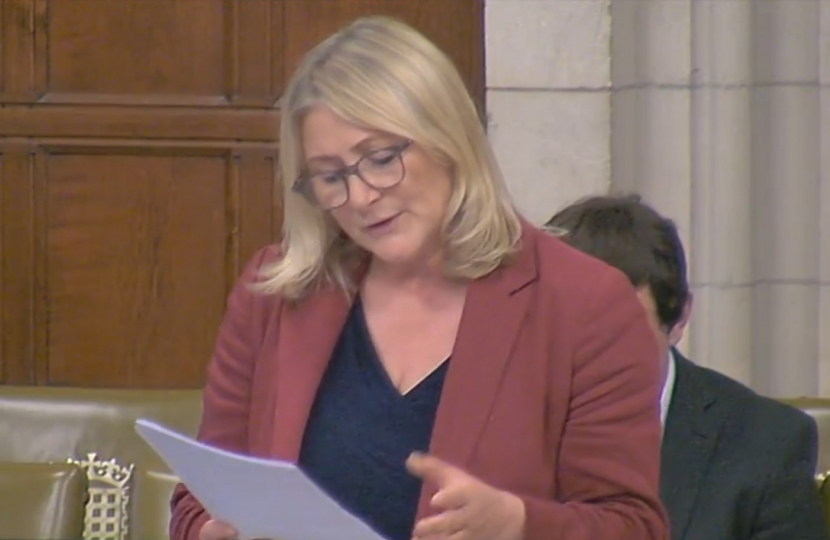
I led a parliamentary debate on ultra-processed food and spoke about how the industry needs to stop promoting it otherwise the government will have to step in.
I secured the debate in Westminster Hall to highlight my deep concern about the impact of ultra-processed food (UPF) on health outcomes.
I told MPs that UPF is the food that dominates the shelves of our supermarkets, much of the food advertising on television, and the multi-buy offers that customers see as they get close to the checkout.
I then asked the government to consider introducing the important TV advertising watershed to stop children from seeing its promotion.
UPF is the food that takes up half the average UK diet, with the largest consumption by children. It is food that is linked to heart, kidney and liver disease, cancer, depression and obesity. It is an underlying reason for many poor health outcomes. It is food that has been processed so much that it has little health value; the main ingredients include additives such as preservatives, emulsifiers, sweeteners, and artificial colours and flavours.
Ultra-Processed Foods tend to be high in fat, salt and sugar, and are highly addictive. They include pizza, ice cream, crisps, mass-produced bread, breakfast cereals, biscuits, carbonated drinks, fruit-flavoured yoghurts, pre-packaged meals, sausages and other reconstituted meat products, and some alcoholic drinks including whisky, gin and rum.
Worryingly, the UK is one of the biggest consumers per head of it in Europe. In England, 64% of adults and 40% of 10 to 11-year-olds are either obese or overweight. This is staggering. Our current food supply chains endorse and promote products that are linked to serious health outcomes, marketing products for which the motivation is profit over health.
The marketing and branding of ultra-processed food is relentless. Much of this food is our everyday pleasure, so I am not advocating that we tell people what to eat and not to eat. I am hugely conscious of the cost-of-living pressures and the ways that people are trying to make changes and save money. Consumed in isolation and moderation, this food is fine. The problem is when it takes over our lives—and it has.
The key challenge is to get supermarkets to put healthy products on multi-buys, encourage a promotional spend shift to healthier food products and focus on making food more affordable.
I want to see the private sector lead by example, with manufacturers stepping up, taking responsibility and stopping packaging and promotional techniques that lure customers towards ultra-processed food with no nutritional value.
We cannot afford to delay. The obesity figures speak for themselves; the cost to the NHS speaks for itself.
To me, we are not far off from the time for urgent intervention like we had in the cigarette industry. The obesity crisis is truly shocking and cannot be ignored.
The food supply chain needs to step up and play its part in the fight against obesity before the Government needs to intervene and start to tackle the ultra-processed foods like they did with tobacco.
The Government will have to intervene at some point if the industry does not get a grip.
